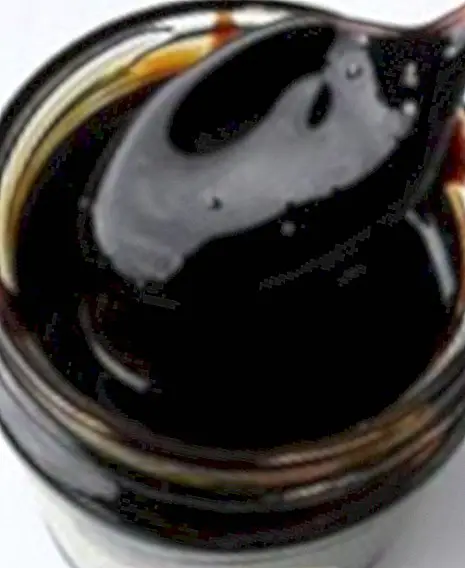How to differentiate and recognize types of cough
During the colder months of the year the cases of colds and flu tend to increase in a certainly considerable, especially because during this time tend to grow the number of people who get sick from both, and because when there is more cold and humidity, in short, the viruses that cause these two infections survive better than in other hotter times of the year, such as summer.
With regard to the most common symptoms of both colds and flu, we must bear in mind that there are certain differences between the symptoms caused by both diseases. And it is that, for example, while the flu does cause an abrupt high fever in the case of the cold it tends not to be so common. However, we can talk about two common symptoms: cough (which can be dry or with snot), and the uncomfortable nasal congestion.

What is cough?
Explained more or less simply, we can say that the cough consists in the violent, abrupt and noisy expulsion of the air that we contain in the lungs, produced mainly by irritation of the respiratory tract. You can also be aware, to keep the air in the lungs clean of various foreign substances. It is produced by the spasmodic contraction that results in the violent release of air from the lungs.
Do you know that there are different types of cough?
Although we can say that there are basically two types of cough more popular and popular (perhaps by different ads and advertisements for cough syrups that have made them better known), there are actually different types of cough whose characteristics vary depending on the cause that produces them. They are the following:
- Dry cough (or unproductive cough, unproductive): it is that cough that does not produce expectoration, that does not present sputum.
- Productive cough: is that cough that produces expectoration, with sputum.
- Asthmatic cough: it is characterized by being a type of dry cough accompanied by respiratory distress.
- Acute cough: is that cough that starts suddenly.
- Chronic cough: is that cough that is more than 3 weeks long. When this cough is permanent it usually causes irritation of both the trachea and the larynx, due to the violent expulsion of air.
- Convulsive cough: that violent cough, with a rapid succession of coughs.
- False dry cough: it is one that does not produce the swallowing of mucus, not getting expectorated.
- Psychogenic cough: it is a type of psychosomatic cough, present in very nervous people or who have the habit of coughing when they speak.
How to differentiate the different types of cough?
The key to differentiate between the different types of cough that exist is to look at their characteristics, which we will mention below.
- You have a dry cough when it's a kind of painful cough, which irritates the throat and bothers a lot, having no mucus (ie, no mucus or phlegm).
- You have productive cough when there is an abundant production of mucus or mucus. It is usually a type of cough that follows a dry cough.
- You have an asthmatic cough when in addition to dry cough there is a kind of "whistle" or "whistle", with difficulty breathing normally.
- You have a chronic cough if it lasts more than 3 weeks. Do you usually smoke? It is a type of cough very common in habitual smokers. It is characterized as a type of irritative cough.
Usually a sudden cough appears in most cases as a characteristic symptom of the cold. However, when the cough is accompanied by intense sputum or bloody sputum, or lasts longer after the infection of the respiratory tract has begun, it is advisable to see a doctor.
When the cough is accompanied by sharp or throbbing pain in the chest, tachycardia, visible lesions in the chest or severe dyspnea It is very important to go to the doctor. While the cough by inhalation of foreign bodies or by choking needs urgent medical assistance.
Image | Thom Chandler This article is published for informational purposes only. It can not and should not replace the consultation with a Physician. We advise you to consult your Trusted Doctor. ThemesRespiratory infections


